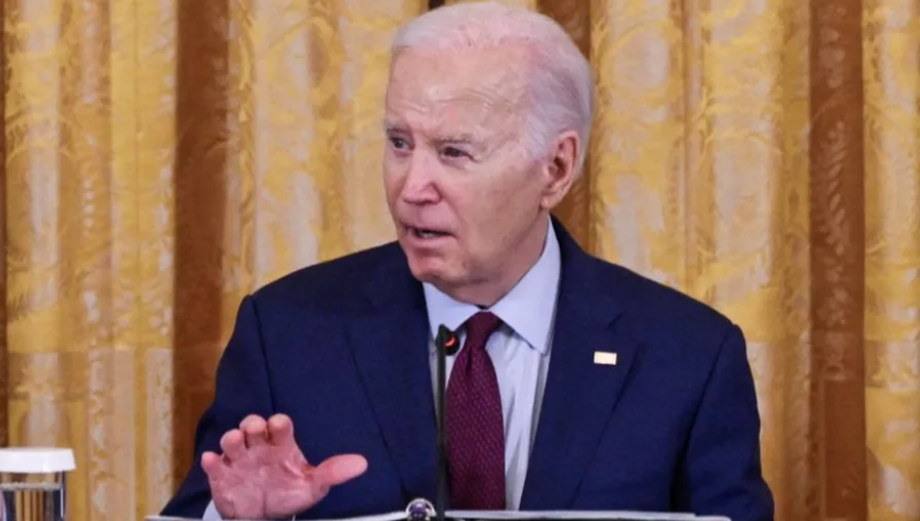In a recent development, the Biden administration has instructed emergency room doctors to proceed with emergency abortion procedures, disregarding the Supreme Court’s stance on state abortion bans conflicting with federal law.
Health and Human Services Secretary Xavier Becerra and Centers for Medicare and Medicaid Services (CMS) Director Chiquita Brooks-LaSure issued a directive to doctor and hospital associations on July 2, stressing hospitals’ legal obligation to provide stabilizing treatment, including abortions when necessary.
“No pregnant woman should fear being denied essential medical care to stabilize her emergency condition,” the letter asserted.
The administration’s stance reinforces the Emergency Medical Treatment and Labor Act (EMTALA), a federal law dating back to 1986.
EMTALA mandates that hospitals receiving Medicare funds must provide emergency treatment to all individuals, regardless of their ability to pay.
Non-compliance could lead to federal investigations, fines, or loss of Medicare funding.
This directive follows a recent Supreme Court decision to review Idaho’s stringent abortion ban, which prompted a major hospital system to transport pregnant patients out of state for treatment due to legal restrictions.
Idaho’s law prohibits most abortions, even in cases where a pregnancy poses severe health risks to the patient.
Texas is also under scrutiny for its six-week abortion ban, currently halted pending further legal review after a lower court ruling.
Originally targeting hospitals that refused care to uninsured women in labor, EMTALA was expanded by Congress to encompass pregnant individuals facing emergencies.
In 2021, the Biden administration clarified that EMTALA obligations supersede conflicting state laws, including those regarding abortions.
Amendments in July 2022 specifically included provisions for emergency abortion care when medically necessary.
In response, anti-abortion groups like the Texas Alliance for Life defended state laws, asserting that they provide exceptions for life-threatening pregnancy complications, including scenarios where imminent death is not certain.
Since the 2021 Supreme Court decision to allow states greater authority in regulating abortion, 41 states have implemented abortion bans with varying exceptions, such as rape and incest, while 14 states enforce total bans.

